Couples Counseling
USING Emotionally Focused Couples Therapy (EFCT)
Our mission is to help partners heal and strengthen their relationship bond. We help you re-discover your voice in the relationship and help you and your partner be able to hear it again.
Are you and your partner stuck in conflict?
Do you or your partner resort to nagging, criticizing, controlling or blaming? Do you or your partner resort to defensiveness, shutting down, appeasing or reasoning?
Couples seeking therapy have trouble communicating effectively. We help couples who are stuck in cycles of conflict because they are caught in a spiral of negative emotions & behaviors. Over the years, getting stuck again and again in similar arguments, not being able to resolve your differences, can affect your relationship bond, leaving you feeling confused, disappointed and hopeless.

You and your partner deserve personalized care.
We are an intentionally small group practice providing you with individualized care and attention - every session!
We are a group of independently licensed, deeply passionate therapists who use Emotionally Focused Couples Therapy (EFCT) to help couples. Smyrna Couples Counseling is unique to therapy clinics because all our clinicians have received specialized training in healing attachment injuries, working with trauma, and building safe relationships using the EFT road map.
“Her service has allowed me to be more thoughtful and intentional in the way I show up in my marriage and in my other roles.”
“The thing I enjoy most about working with Jena is the safe space she creates in each session. Her openness and ability to validate makes it easy to share honestly. After each session, I feel seen and heard. Jena’s service has helped me establish healthy ways to process my emotions. Her service has allowed me to be more thoughtful and intentional in the way I show up in my marriage and in my other roles. My favorite part of the therapy process has been the progress I’ve seen my wife and I make towards our shared therapy goals. Jena’s the best, and that is not an understatement!”
– Client Testimonial
We help you heal your most important relationships.
Emotionally Focused Couples Therapy (EFCT) sees distress in relationships as centered in the loss of secure emotional connection, and that a negative cycle or “pattern” is established when that loss of connection is experienced. These cycles are often characterized by anger, criticism, defending, or appearing indifferent, to name a few.
Emotionally Focused Couples Therapy (EFCT)
Once established, these cycles begin to happen over the slightest issue, and over time can be corrosive to the bonds of trust & security in your relationship. These negative cycles can also impact a couples sexual relationship, leaving couples feeling anxious, shutdown, or rejected.
EFCT teaches couples how to recognize and stop these negative cycles by first identifying & mapping out this cycle, then helping couples identify & articulate their needs and clarify their emotional signals in a way that helps their partner to have greater understanding, compassion and responsiveness. In turn, a more secure, strong resilient bond is cultivated. This process leaves room for couples to experience one another in new ways, and can be powerfully transformative in relationships.
“Strong emotional connections were not modeled for me in childhood and my adult relationships suffered for it. Jena's EFT approach to our couples therapy helped us process past injuries and better understand each other's needs. She helped me realize how much I had been missing in my relationships and I've grown so much by working with her.”
– Client Testimonial
Emotionally Focused Couples Therapy (EFCT) is the most successful long-term evidence based approach to building strong relationships.
EFCT is a short-term approach to therapy based on the attachment needs of each individual. EFCT uncovers and treats deep core issues rather than focusing on surface behaviors.
“Healing is an art. It takes time. It takes practice. It takes love.”
– PAVANA
Getting Started Is Simple
-

Start with a free phone consultation with Smryna Couples Counseling.
Use our contact form or give us a call to schedule your free 20-minute phone consultation to ensure we’re a good fit for your needs.
-

Schedule your initial session with your new therapist.
Start seeing your therapist at a time that works for your schedule. We offer both online therapy as well as in-person sessions at our office in Smyrna.
-

Receive an individualized approach tailored to your background and goals.
We’ll help you learn to master your life by developing an in-depth understanding and awareness of who you are and the confidence to take consistent action.











